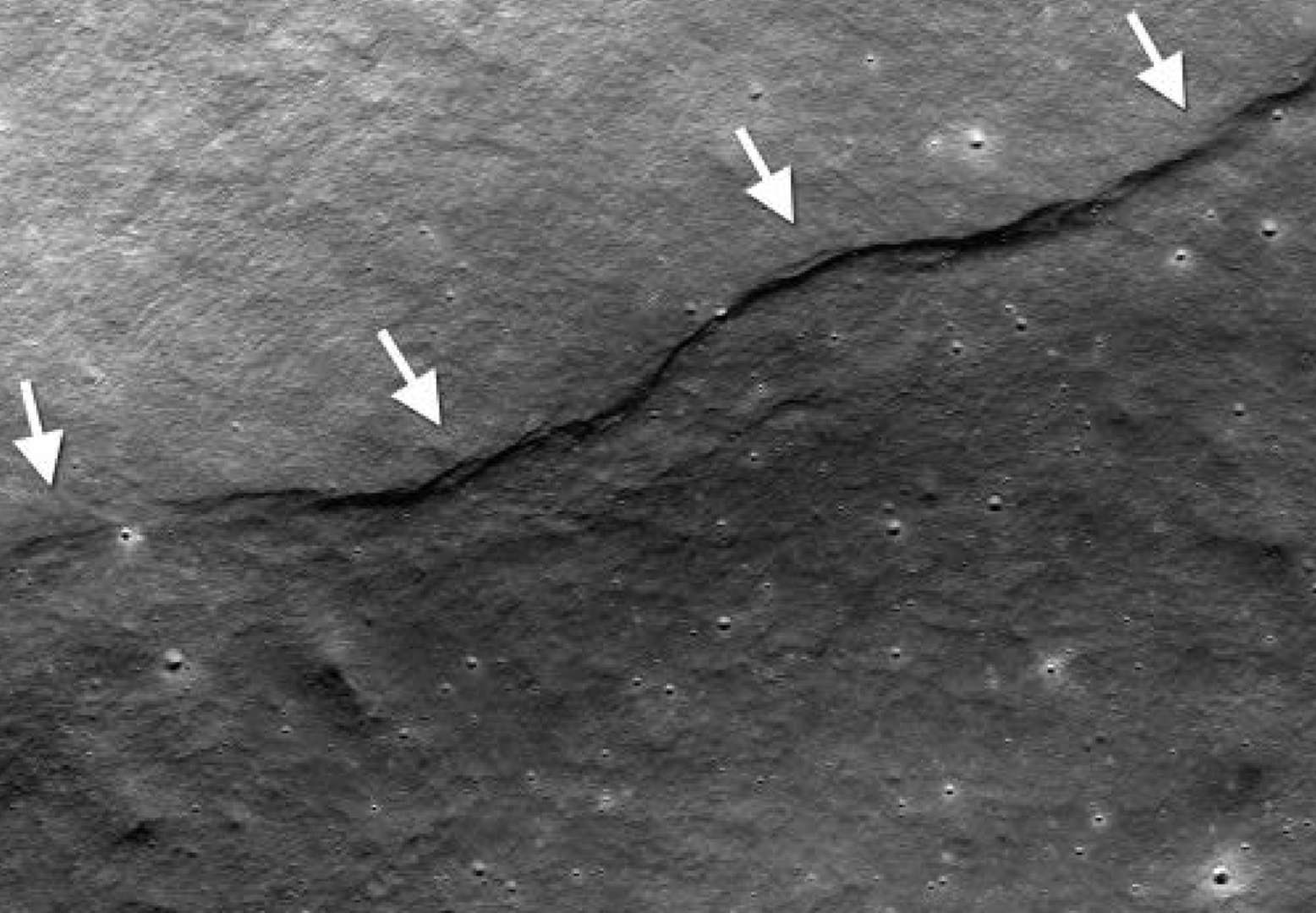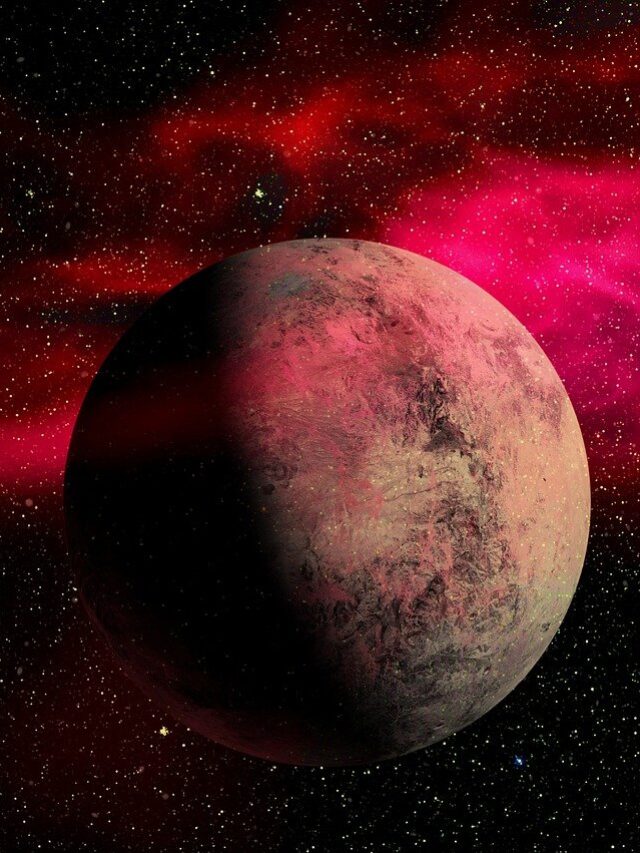Exploring Bennu: NASA’s Insights into an Ancient Ocean World
In a groundbreaking revelation, NASA’s recent analysis of an asteroid sample has unveiled intriguing clues pointing to an ancient oceanic world. The sample, extracted from the Bennu asteroid, has yielded substantial amounts of water and carbon, igniting speculation about its origin and potential for harboring alien life.

Researchers at the University of Arizona, delving into the composition of Bennu, have posited a captivating hypothesis: that Bennu may have once been part of a planet teeming with water billions of years ago. Their findings suggest that certain dark rocks on Bennu are coated with a thin layer of brighter material akin to that observed on Saturn’s moon, Enceladus.
Enceladus, Saturn’s sixth-largest moon, is renowned for its global ocean of liquid salty water concealed beneath its icy exterior. The resemblance between Bennu’s mineral composition and that of Enceladus has sparked intriguing speculations among scientists about the possibility of life originating in such icy seafloors.
Dante Lauretta, the principal investigator of the mission, shared his insight, suggesting that Bennu might have been an ancient ocean world. The formation of serpentites, a result of rocks being submerged into seabeds and exposed to water, coupled with the presence of a rare calcium and magnesium-rich phosphate mineral, further supports this hypothesis.
The rare mineral, similar to the one found on Enceladus, has led scientists to ponder the potential for life to have emerged in such environments. Fabian Klenner of the University of Washington in Seattle echoed this sentiment, highlighting the striking mineralogical similarities between Bennu and Enceladus.
NASA’s OSIRIS-REx mission, launched in 2016, culminated in the retrieval of samples from the 1,250-foot asteroid Bennu in 2023. The mission, a testament to human ingenuity and technological prowess, aimed to unravel the mysteries shrouding Bennu’s composition and history.
Bennu was a prime candidate for sampling due to its presumed richness in organic compounds, making it a tantalizing target for astrobiological exploration. Lauretta emphasized the mission’s significance in unraveling the mysteries of the solar system’s dawn and shedding light on Earth’s unique habitability amidst the vast expanse of outer space.
By delving into the composition of asteroids like Bennu, scientists aspire to glean insights into the early dynamics of our solar system. The rich tapestry of minerals and organic compounds found within Bennu’s confines offers a glimpse into the conditions prevailing during the solar system’s formative years.
The OSIRIS-REx mission stands as a testament to humanity’s insatiable curiosity and quest for knowledge. Through meticulous analysis of Bennu’s samples, scientists hope to unravel the enigmatic processes that sculpted our cosmic neighborhood and shaped the planets, including Earth, into the havens of life they are today.
The implications of Bennu’s composition extend far beyond the confines of our solar system. The tantalizing prospect of ancient ocean worlds and the potential for extraterrestrial life fuels the imagination and drives scientific inquiry into the depths of the cosmos.
As humanity ventures further into the cosmos, propelled by the spirit of exploration and discovery, the revelations gleaned from Bennu’s samples serve as beacons illuminating the path ahead. Each discovery brings us closer to unraveling the mysteries of our origins and the cosmic tapestry that envelops us.
In conclusion, NASA’s revelations regarding Bennu offer a tantalizing glimpse into the possibility of ancient ocean worlds and the potential for life beyond Earth. As scientists continue to unravel the secrets of our solar system and beyond, the quest for understanding and discovery remains an enduring hallmark of human endeavor.
